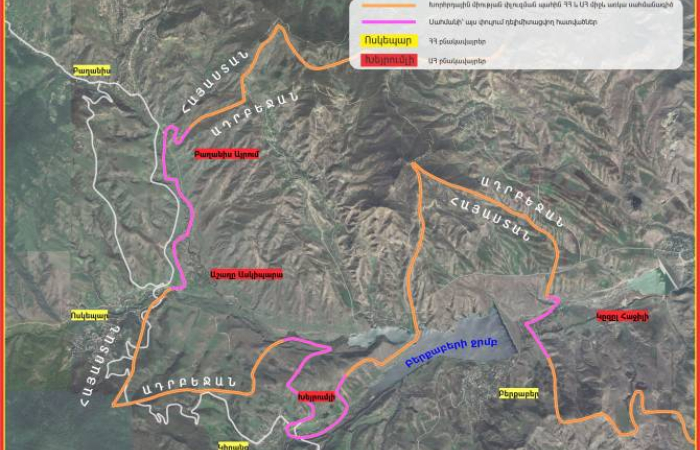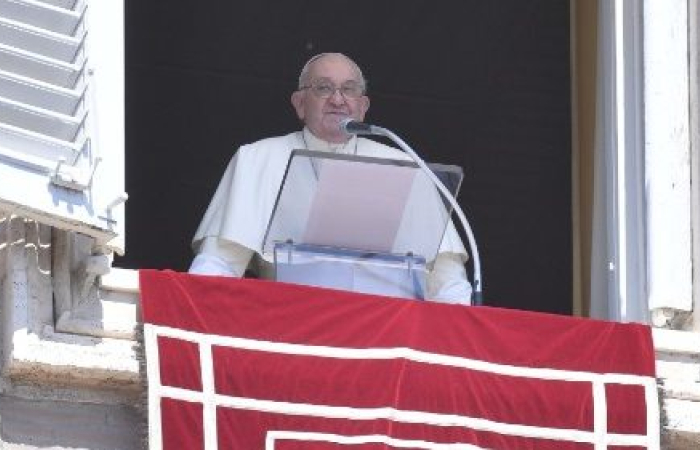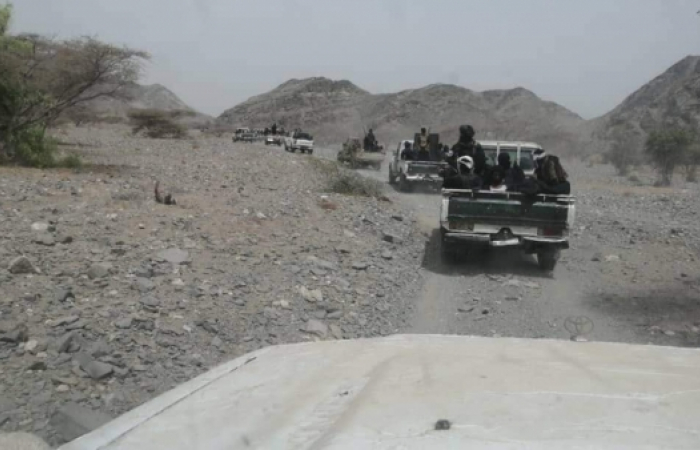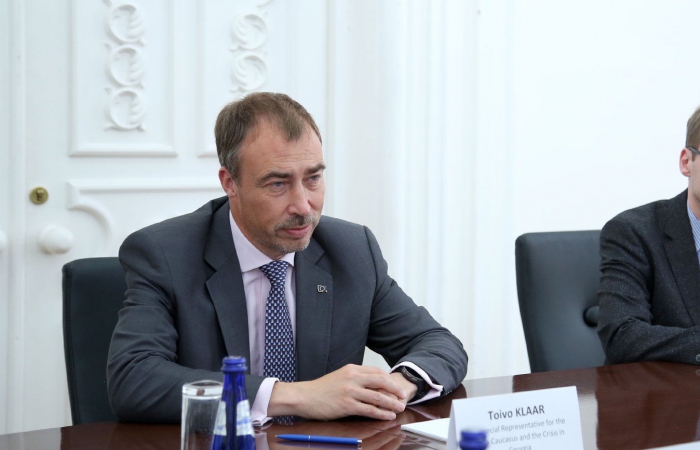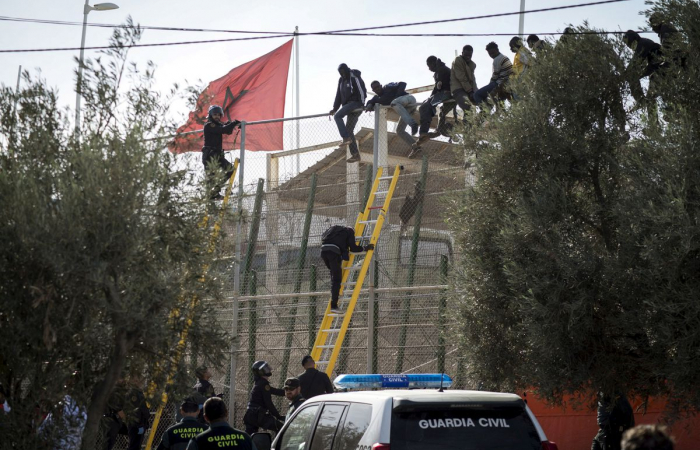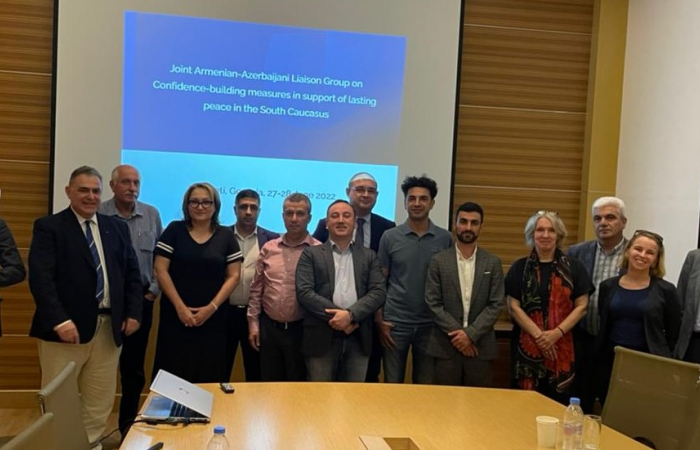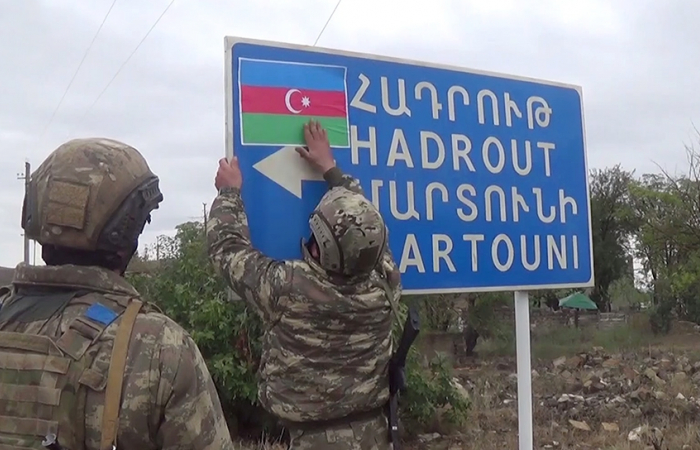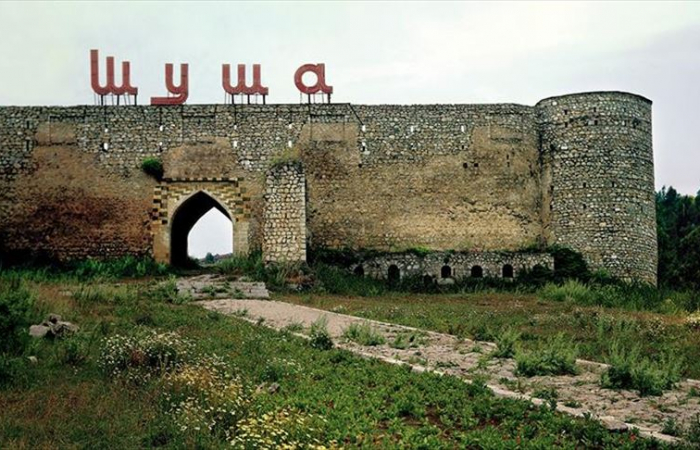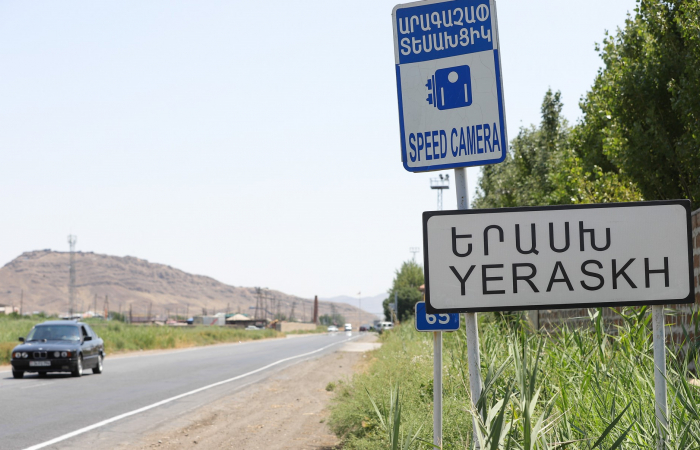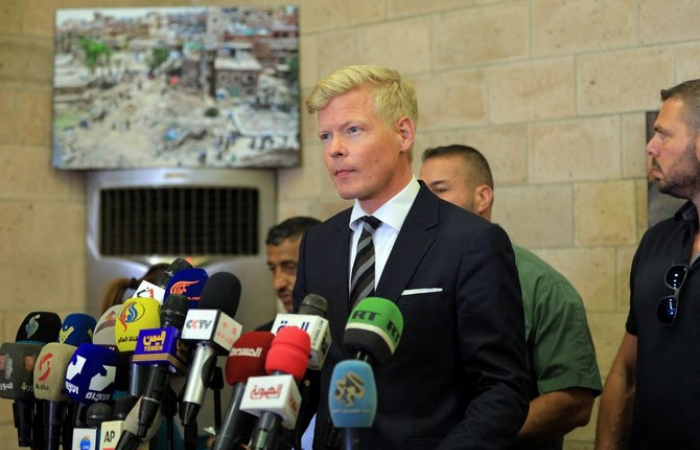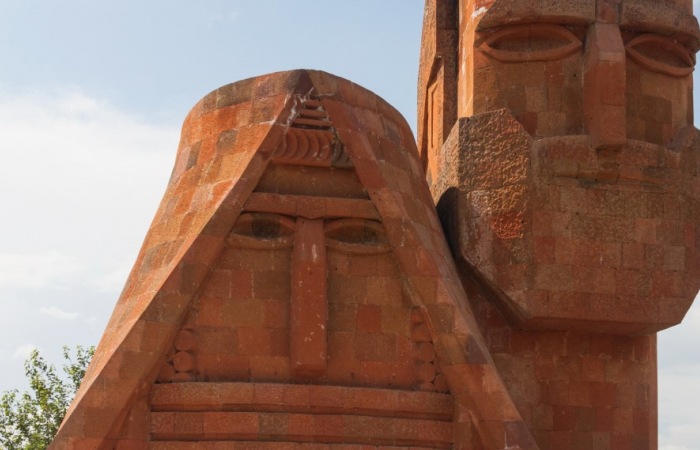Trending
Armenia and Azerbaijan edge closer to a peace deal
22 April 2024
Armenia and Azerbaijan last week announced they had agreed on the process of demarcation of their border in the Tavush region that will result in the return of four villages that had been under Armenian control since the conflict in the 1990s to Azerbaijan. The agreement is being seen as a milestone event that will greatly contribute to finalising the process leading towards the signing of a peace agreement between the two countries, who have been in conflict for more than three decades.
The agreement comes after months of negotiations, and controversy, including some opposition from Armenian residents in the proximity of the four villages.
On 19 April, it was announced that the eighth meeting of the Committee on Demarcation and Border Security of the State Border between the Republic of Armenia and the Republic of Azerbaijan and the State Committee on the Demarcation of the State Border between the Republic of Azerbaijan and the Republic of Armenia was held under the chairmanship of Armenian Deputy Prime Minister Mher Grigoryan and Azerbaijani Deputy Prime Minister Shahin Mustafaev. There are of course many small details that will have to be ironed out later, but the fact that the sides have agreed the basic parameters, and especially their re-affirmation that they will "be guided by Alma Ata's 1991 Declaration in the demarcation process" is a huge step forward.
No wonder that the international community in the last few days have lined up to congratulate the two sides on their success and to nudge them forward to complete the process of signing a peace agreement between them. Seasoned observers now see the signing of such an agreement as being truly within reach.
Of course, there will be those who for one reason or another will not like these developments and will try to spoil the process. Armenia and Azerbaijan must remain focused on overcoming any last obstacles, and on its part, the international community must also remain focused in helping them do so as a priority.



